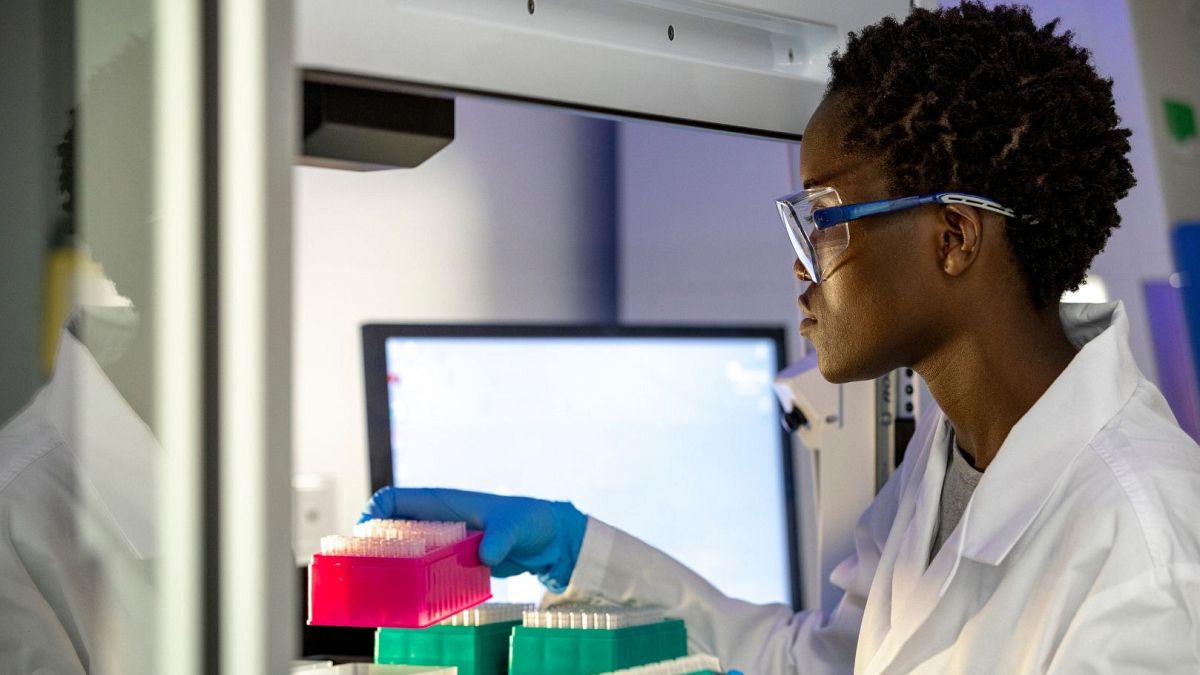Advertising
The European Union provides one sixth part of global financing of cancer studies in a public and charitable organization, according to a new analysis.
Analysis published in Lancet Oncology magazineIncluding almost 108,000 cancer awards that received around the world from 2016 to 2023, amounting to 51.4 billion US dollars (44 billion euros). This included government and charitable expenses, but not elements of the private sector.
The United States covered 57% of these costs (25.2 billion euros), while the EU and its states allocated 16.8% (7.4 billion euros), and the UK 11.1% (4.9 billion euros) of global financing of cancer research.
Other large financiers were Japan (3.6% or 1.6 billion euros), Australia (2.9% or 1.3 billion euros) and Canada and China (from 2.6% or 1.3 billion euros).
At the global level, investment decreased every year, with the exception of 2021, when there was a sharp increase. Since then, this level has decreased – with the exception of the EU, where investments continue to grow, according to the study.
Germany, which spent 610 million euros during the study, receives most of the EU growth since 2021.
In general, the vast majority of global financing of research came from rich countries that invested most of their money in the country. Lower income countries amounted to only 48.4 million euros for eight years.
Researchers warned that the lack of investment in research in countries with lower incomes can be aggravated by a reduction in US financing in accordance with the Trump government.
“It is very important to understand how and where the money is distributed,” said Michael Hed, the leading author of the study and senior researcher at the University of Southampton in the United Kingdom in his statement.
All over the world, 76% of financing took place in laboratory studies, and breast cancer, blood cancer and clinical trials were very well financed.
Meanwhile, the study of surgery and radiation therapy “has not sufficiently funded enough”, despite the fact that these are general methods of treatment, researchers said.
According to the World Health Organization (WHO), the cancer is responsible for every six deaths around the world. The global cancer report increases as the population becomes older, and countries with a lower income are faced with a large amount of weight from the absence of access to timely medical care.
“Investment inequality between countries and low research financing for some methods of treatment can lead to imbalance in cancerous diseases with which we can deal, and areas of the world that benefit,” the head said.
